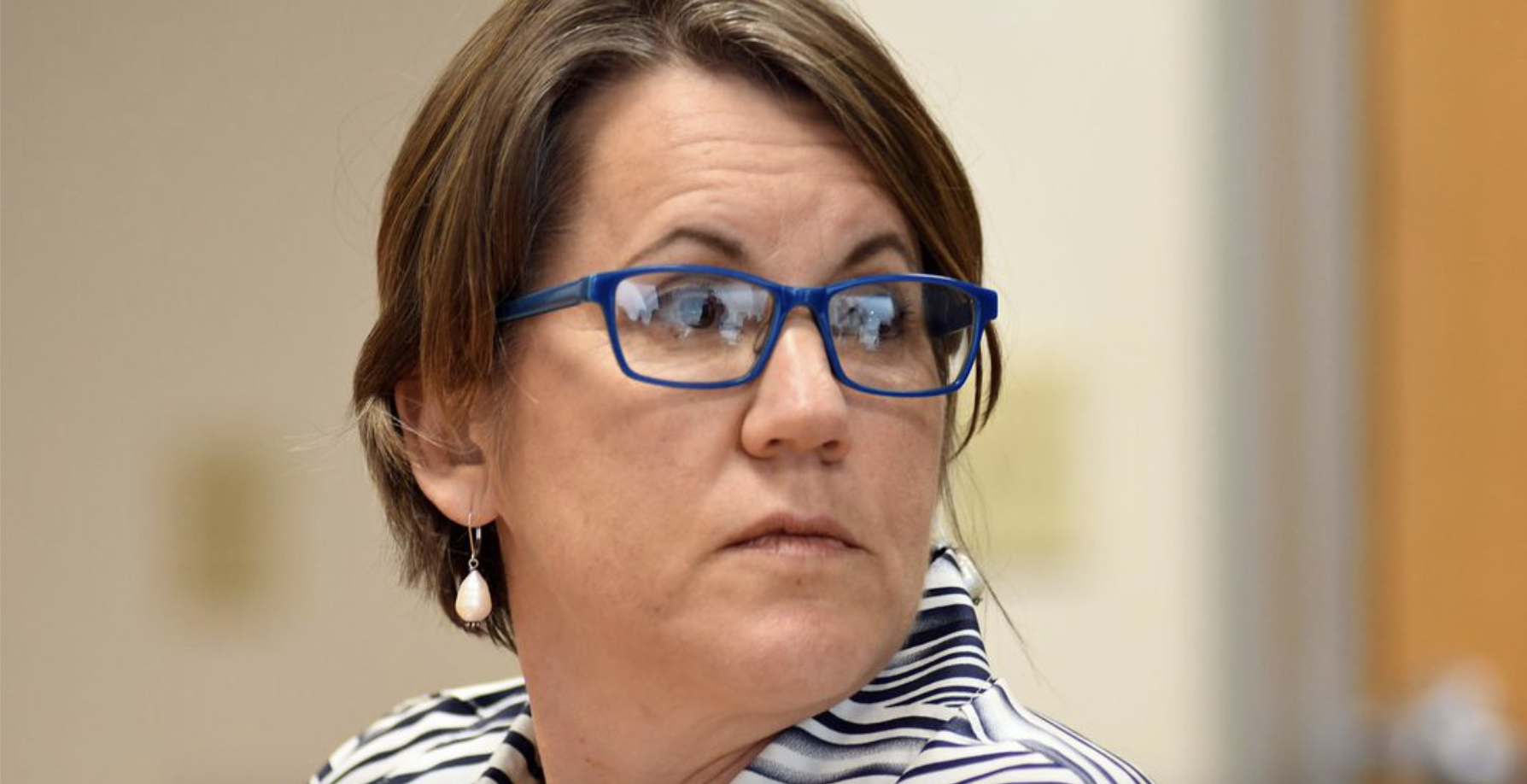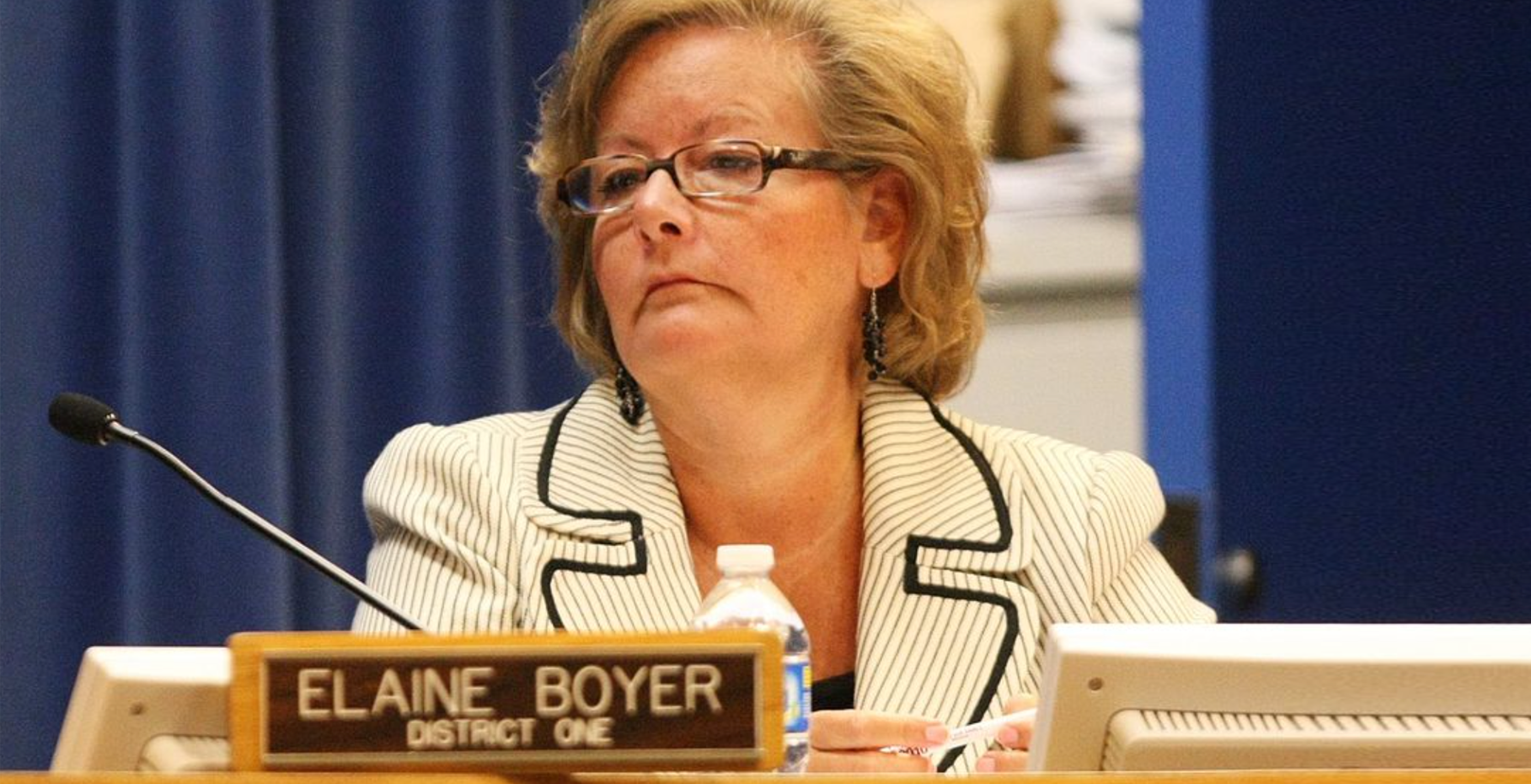
DeKalb voters went to the polls in November 2015 to vote on a referendum that included a new method for appointing members to a seven (7) member Board of Ethics. The Ethics Act, passed by 92% of the voters, was based on extensive research by a citizen group and the 2014 Operations Task Force appointed by then Interim CEO Lee May.
Immediately following the passage of the bill, lawyers for then Commissioner Sharon Barnes Sutton filed a lawsuit contending that the law was unconstitutional because unelected officials were making appointments to the Board of Ethics. The Georgia Supreme Court in August 2018 upheld the lower court ruling against the DeKalb Board of Ethics appointment process.
Senate Bill 7 (SB7) was introduced in January 2019 to fix the appointment process by identifying elected officials who may appoint members to the Board of Ethics. Since the bill includes an appointment by the CEO/BOC, a referendum is required.
What should have been a simple fix, however, has become more complex and SB7 changes more than just the appointment process. The revised law guts the Board of Ethics, destroying the board’s effectiveness, public credibility and independence.
These major changes gut the Board’s credibility and threaten its independence:
The independence of the Board of Ethics is challenged by a new provision that requires the Board’s policies and procedures be approved by the CEO and confirmed by the BOC, creating a potential conflict of interest.
Neither the Board of Zoning Appeals nor the Planning Board must submit their rules and procedures to the Governing Authority for approval. This provision violates the independence of the Board of Ethics, and creates an opportunity for mischief by allowing the CEO/BOC to establish policies and procedures governing the Board of Ethics.
The revised law replaces the Ethics Officer with an Ethics Administrator, thus implicitly stating ethics is less important than voters had previously determined.
Currently the ethics officer must have a law degree and five (5) years experience. An ethics administrator may have only a bachelor’s degree and no ethics experience. The administrator cannot bring forth an investigation nor report criminal activity to law enforcement. And, there is no penalty for lying to the administrator. As outlined above, the non-lawyer ethics administrator will not be qualified to train county employees, nor provide advisory opinions when county staff or officials call with an ethics question.
The revisions will require employees to first go through the Human Resources Department and the merit system before filing an ethics complaint against a supervisor.
Employees and most citizens believe that bureaucracies have a tendency to protect senior management. Requiring employees to first go through HR, which is not perceived as independent, will chill potential employee complaints. Further, the ethics administrator is required to report all employee complaints to the HR director. Again, this provision will discourage employees from bringing forth ethics complaints.
Many of the duties of the Ethics Officer would be assigned to the volunteer members of the Board of Ethics or to outside attorneys.
The Board of Ethics members, who are not required to have legal training, are all volunteers with limited time to devote to determining if a complaint merits consideration by the Board, a duty now handled by the ethics officer. Hiring outside attorneys to function as ethics officers on individual complaints will delay action on these complaints and prove to be inefficient and expensive for the County.
Speak with your NO vote on November 5th to let our elected officials know that we refuse to accept their ill-conceived attempts to gut our Code of Ethics, and that we expect them to promptly approve a bill that simply amends the appointment process for members of the Board of Ethics as required by the Court, not to include appointments by the CEO or Commission members.


Tuesday was one of those days that cause good government boosters in DeKalb County to bite their knuckles in dismay.
First, former Commissioner Sharon “Walking Indictment” Barnes Sutton was finally acquainted with the back seat of a law enforcement vehicle for allegedly shaking down county contractors.
Later that day, the feds announced the county will have to repay $750,000 for almost certainly misappropriating federal job training funds.


This should have been a gimme, a simple legislative fix to put the DeKalb County Board of Ethics back in business.
But, no, this is DeKalb, where political fiefdoms flourish, personal feuds fester, racial resentments seethe and ethics enforcement suffers.
Last year, the state Supreme Court ruled that DeKalb’s ethics board was unconstitutional because its members were selected by private organizations — such as the chamber of commerce or the bar association — rather than by elected officials. This was a board created in 2015 by 92 percent of county voters tired of the words “DeKalb” and “sleazy” being uttered in the same sentence.
State legislators have for a couple of years tried to remedy the flaw in the ethics board. But there have been those in the Legislature who seem to make passing ethics laws more difficult. Notable among them is Vernon Jones, the former county CEO and renowned incendiary, who in 2017 helped scuttle a fix, thereby leaving the board largely inoperable for months.


Digging deep
Over the past year, The Atlanta Journal-Constitution’s investigations of DeKalb County corruption have helped to trigger an FBI probe, changes in county policy, additional funding for the county ethics board and other reform efforts. Reporter Johnny Edwards first revealed last March that then-Commissioner Elaine Boyer had paid for personal expenses with her county Visa card. After his story was published, a federal investigation began, and Edwards, working with Channel 2 Action News reporter Jodie Fleischer and DeKalb County reporter Mark Niesse, continued to scrutinize questionable spending by DeKalb officials. That work found evidence that Boyer was involved in a kickback scheme with an evangelist who supposedly gave her policy advice. Other stories also detailed misspending by other DeKalb officials and lax policies that left the county vulnerable to waste, fraud and abuse. On Wednesday, former state Attorney General Mike Bowers began a sweeping investigation into corruption in the county.
2024 DCAC Newsletters
2023 DCAC Newsletters
2022 DCAC Newsletters
2021 DCAC Newsletters
December 15, 2021 Newsletter
November 16, 2021 Newsletter
September 14, 2021 Newsletter
August 11, 2021 Newsletter
July 28, 2021 Newsletter
June 14, 2021 Newsletter
May 12, 2021 Newsletter
April 30, 2021 Newsletter
April 13, 2021 Newsletter
March 23, 2021 Newsletter
March 2, 2021 Newsletter
February 23, 2021 Newsletter
January 25, 2021 Newsletter
County Boards
2020 Ethics Referendum
2020 DCAC Newsletters
November 22, 2020 Newsletter
November 15, 2020 Newsletter
October 25, 2020 Newsletter
October 10, 2020 Newsletter
September 20, 2020 Newsletter
September 12, 2020 Newsletter
July 26, 2020 Newsletter
July 2, 2020 Newsletter
June 14, 2020 Newsletter
May 8, 2020 Newsletter
March 30, 2020 Newsletter
March 9, 2020 Newsletter
March 3, 2020 Newsletter
February 24, 2020 Newsletter
February 4, 2020 Newsletter
January 23, 2020 Newsletter
January 12, 2020 Newsletter
